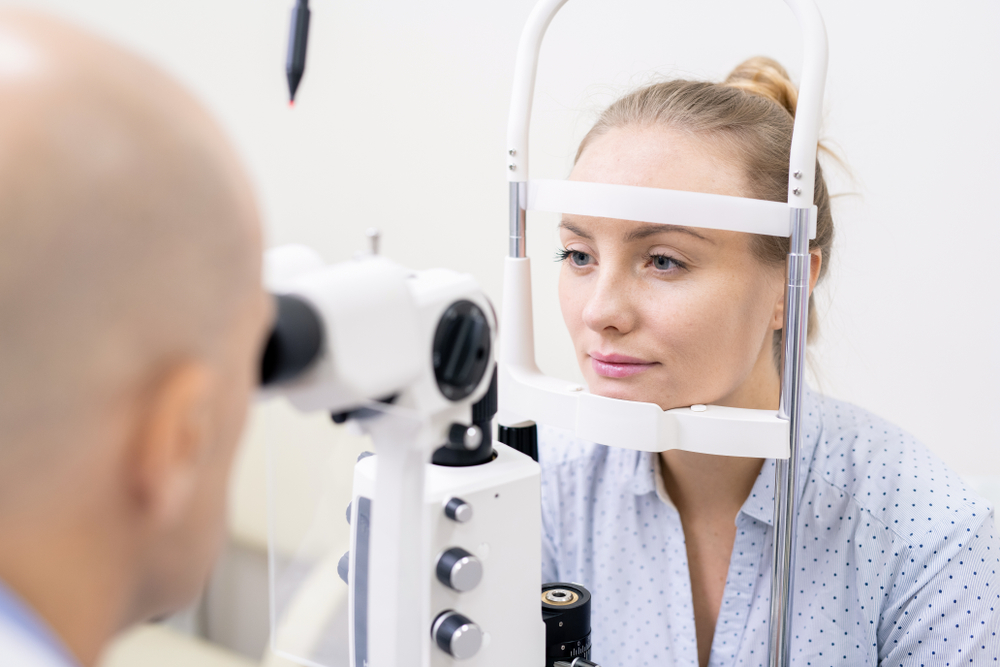
Your eyes need regular care and attention. One crucial aspect of eye care is undergoing routine eye exams. These exams are comprehensive evaluations of visual health and involve tests to assess the condition of your eyes.
Importance of Eye Exams
Regular eye exams are vital because they go beyond assessing your visual acuity. They enable eye care professionals to detect potential issues at an early stage. Conditions like glaucoma and macular degeneration progress silently without causing noticeable vision changes.
Routine exams can help identify these conditions and treat them early. They help reduce the risk of vision loss or other complications. Eye exams can also uncover general health conditions that may affect your eyes. For example, high blood pressure and diabetes can manifest symptoms in the eyes. Their early detection through eye exams can prompt further medical intervention.
Eye exams assess the need for vision correction. You may have refractive errors like myopia or hyperopia, even if you do not have vision-related complaints like blurry vision. These could benefit from corrective lenses. Regular eye exams lead to prompt resolution of vision problems and improved visual comfort and quality of life.
Frequency for Children and Adolescents
Children and adolescents should receive comprehensive eye exams at specific intervals. It helps monitor their eye health to detect developmental or refractive issues. Early detection and intervention can impact a child’s visual development and academic performance.
Experts recommend infants have their first eye exam at six months. They will evaluate the baby’s eye health and assess for a condition like congenital cataracts. Subsequently, children should undergo exams at three and five years old and then annually once they start school.
Adult Eye Exams
A comprehensive eye exam every two years is ideal for adults with no preexisting eye conditions. However, factors like age, health, and family history of eye disease may necessitate more frequent exams.
Once you reach the age of 40, it is advisable to have an annual eye exam due to the increased risk of age-related eye conditions. People begin to have difficulty focusing on close objects at this age. The risk of developing diseases like cataracts and glaucoma also increases with age. Regular eye exams can help detect these conditions early, allowing for timely treatment and management.
Eye Exams for Seniors
As you age, your eyes become more susceptible to different eye conditions. It makes regular eye exams even more critical for seniors. Individuals aged 65 and older should have annual eye examinations, even without preexisting conditions.
Age-related eye conditions, like macular degeneration and cataracts, are more prevalent among seniors. These conditions often progress gradually. They can impact vision if left untreated. Annual eye exams help check for and detect any changes in these conditions. They enable timely interventions and management.
Special Considerations for Individuals with Existing Eye Conditions
Individuals with known eye conditions like myopia or astigmatism need regular eye exams. It will help in monitoring the progression of the disease and adjusting treatment. The frequency of these exams will depend on the severity of the condition as determined by your eye care professional.
For more about eye exams, visit Everglades Eye Care at our office in Naples, Florida. Call (239) 374-2075 to book an appointment today.






